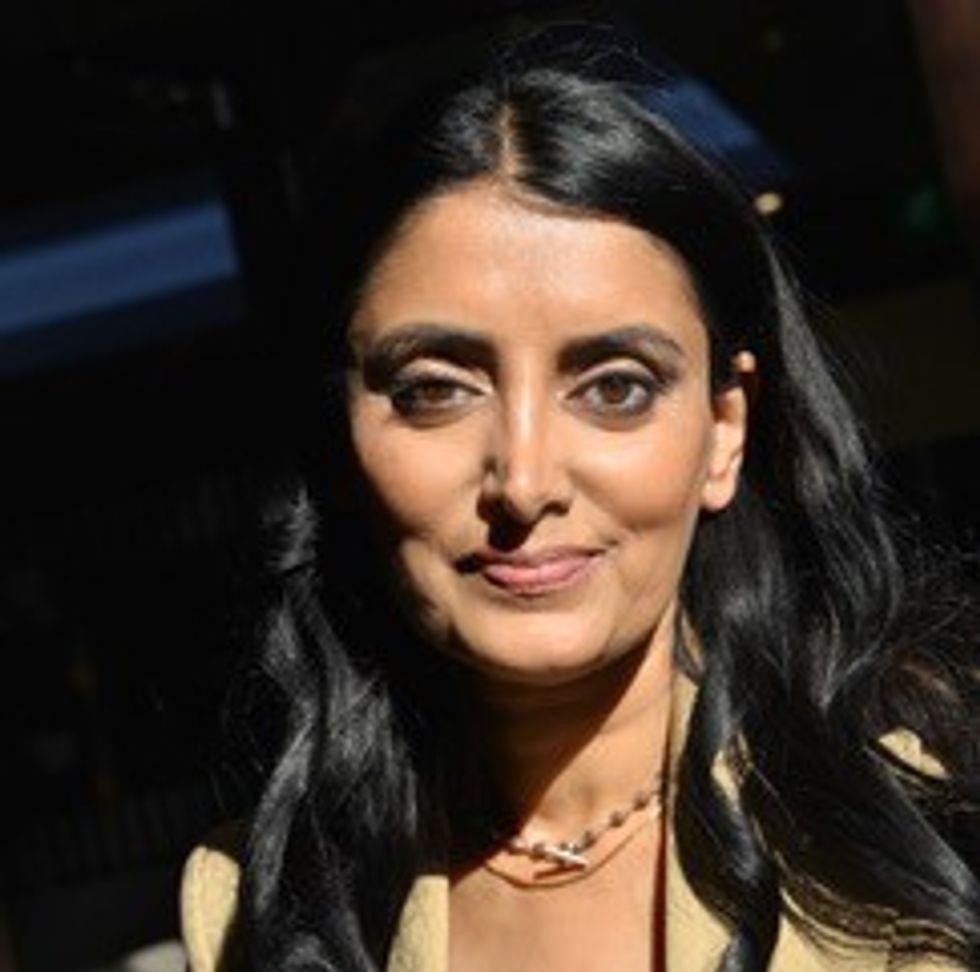DOMESTIC abuse is typically seen as a pattern of abusive behaviour toward an intimate partner in a dating or family relationship, where the abuser exerts power and control over the victim.
It usually consists of physical or sexual abuse; violent or threatening behaviour; controlling or coercive behaviour; psychological, emotional or other abuses including economic abuse.
Economic abuse means any behaviour which has a substantial adverse effect on victims’ ability to acquire, use or maintain money or other property, or obtain goods or services. It does not matter whether the behaviour consists of a single incident or a course of conduct.
Incidents are rarely isolated, and usually escalate in frequency and severity. Domestic abuse may culminate in serious physical injury or death.
Domestic abuse is a major element of violence against women and girls. It can take the form of a forced marriage, which can happen both to women and to men. Dishonour abuse is often a part of the process of coercion leading to forced marriage.

There are other common forms of abuse such as virginity testing and female genital mutilation (FGM) which apply to young women. These abuses are normally carried out by family members.
I believe domestic abuse is prevalent in the Asian community because, up to now, it has been effectively hidden. There is a variable level in the feeling of shame resulting from the victims being made to feel guilty for the fact that they are being abused. This is enhanced by their latent sense of ‘honour’ towards the abuser(s) and others close to them.
Usually the abuse is covert, hidden in secrecy within the family. Domestic abuse usually occurs and escalates over a number of years. It is very difficult and sometimes dangerous for the victim to come forward and report it while they are in an abusive situation.
My real fear, at the moment, is that the range of abuse types is developing. For example, a growing concern is where a parent, often left on their own after being widowed, is being abused by their own children, even those they live with. The parent is usually too ashamed, afraid and embarrassed to report their distress.
I well remember seeing an elderly Sikh gentleman, in his 80s, sitting on a park bench. It was snowing and very cold. I asked him if he was OK or if he needed anything. The man started crying and told me that his daughter-in-law would not allow him in the house while her husband, his own son, was at work.
He was routinely not allowed in the house for several hours a day despite the place being the home he owned, and his daughter-in-law and others were benefitting by living with him. This clearly is abuse and something that has been hidden from general view.
Obviously, other abuses are far more common. When we look at economic abuse, we see it is often the case that girls and women are prevented from having their own money. If they are actually allowed to work, often all their wages are taken from them by their husband, parent, or by their extended family on the husband’s side.
Having two years in which to report domestic abuse crime is vitally important, especially for people from the Asian community. It takes a great deal of courage, strength and commitment to come forward. It also takes a long time to gain sufficient confidence to find a way out of the dire situation.
Legally extending the reporting period from six months to two years will grant many more people the window of opportunity to come forward. One can hope in this extended period that it gives victims/survivors the chance to be free from domestic abuse, and reporting it will prevent others becoming victims.
We need to change cultural attitudes in the Asian community so that vulnerable victims are not seen as bringing shame on a family, and any perpetrator of abuse is firmly recognised as a guilty party.
We must make it more open for people to discuss these issues. Only through doing this and highlighting the real problems can we be preventive.
Abuse comes in many forms – coercive behaviour; being forced into marriage; having money or possessions taken away; being beaten on a regular basis; being sexually abused. These are often perpetrated by family members – people you should be able to trust the most. The home should be a
safe environment.
However, for so many people, being at home is a place of conflict and unhappiness. The suicide rate among Asian girls aged 16 to 24 is three times the national average.
At Freedom Charity, we have far too many calls, mainly from women, but also from young men, who face horrendous abuse at the hands of their family or in-laws. They believe they have no one to talk to and, if they do come forward, that no one will believe them. Because they have no control over their own finances, they naturally fear what will happen if they report the abuse.
There are options for escape. Hostels may not seem the obvious best choice but, if that is a possible first step away from living a life of continual abuse, it may be a life saver, leading to independence and freedom.
Freedom Charity welcomes the new legislation and hopes it gives many more people the courage to come forward.
Aneeta Prem is Founder of Freedom Charity and author




Domestic abuse bill ‘will help victims report crime’